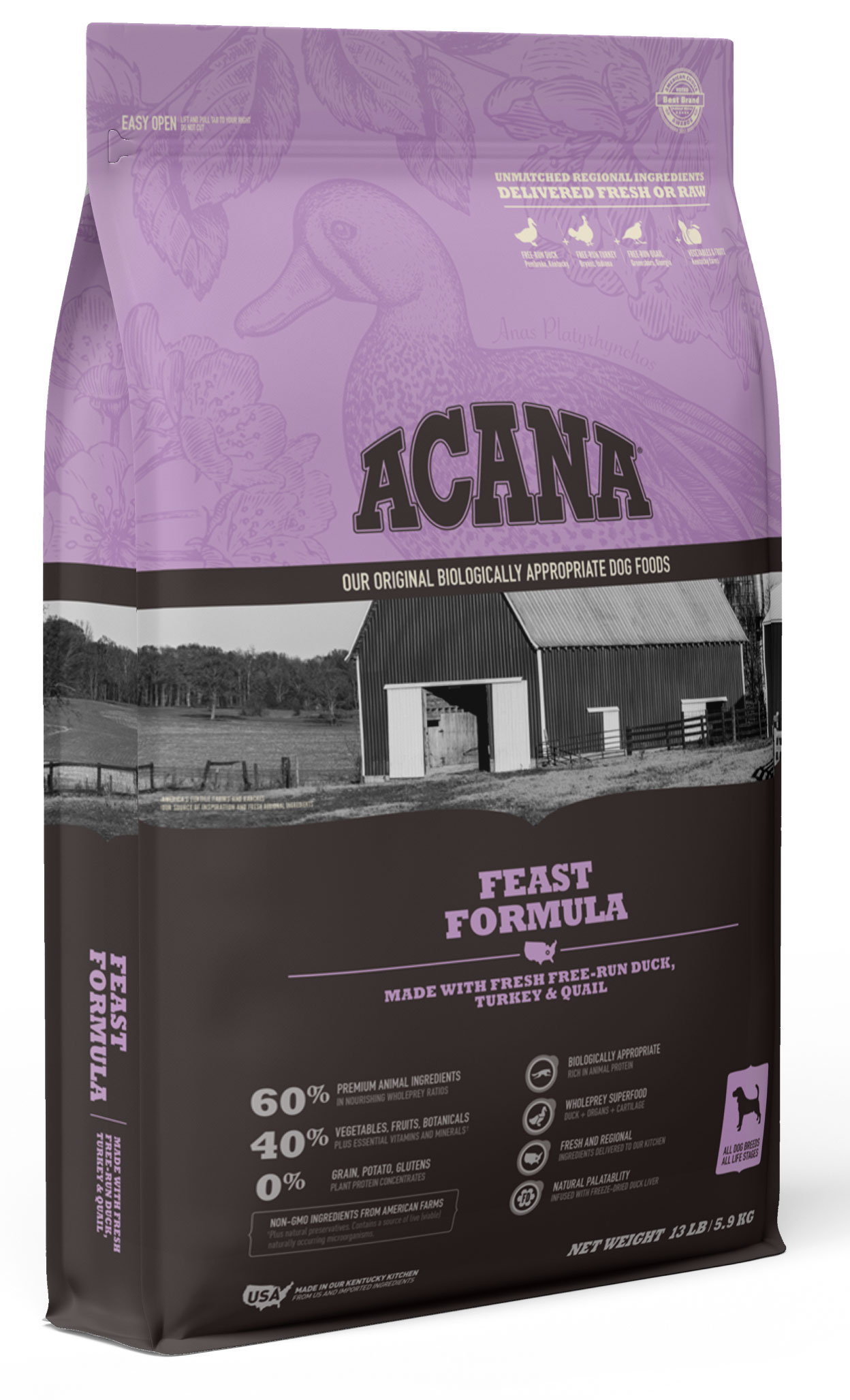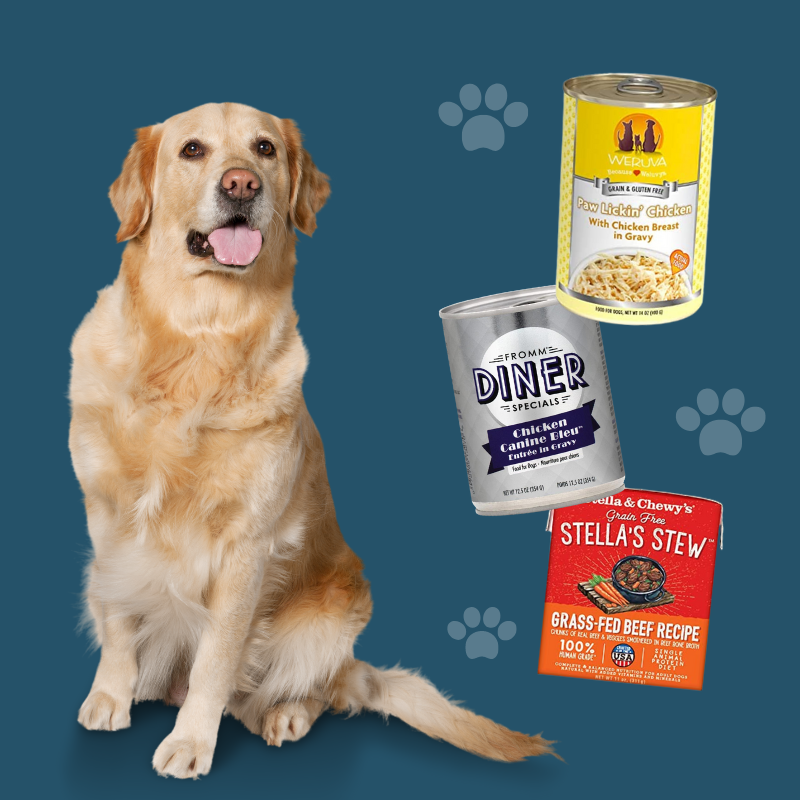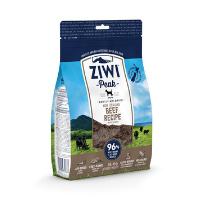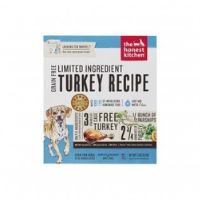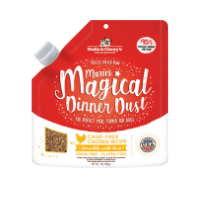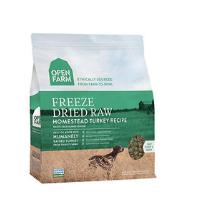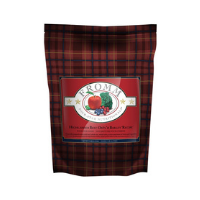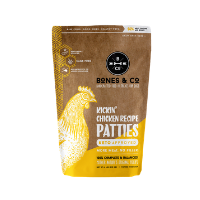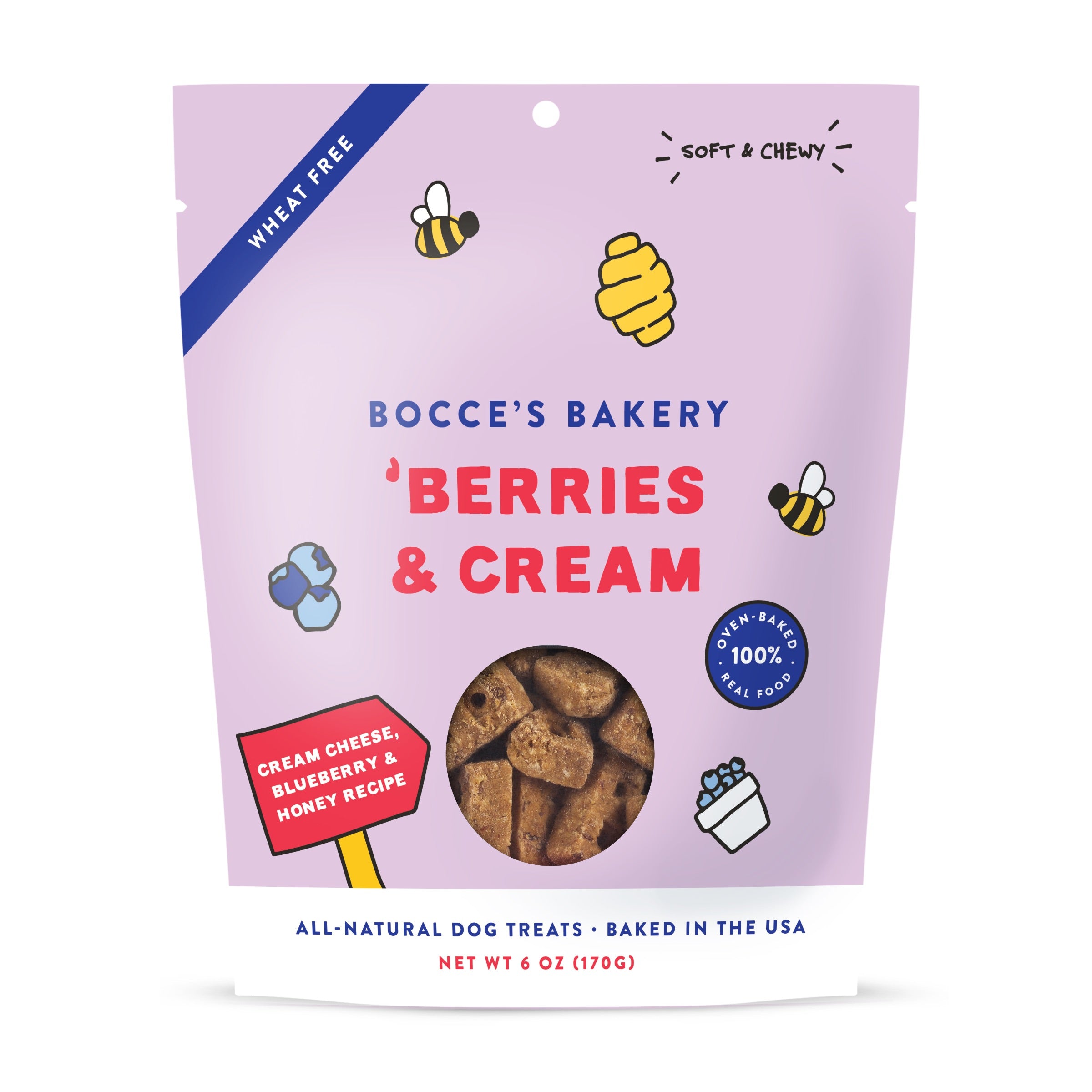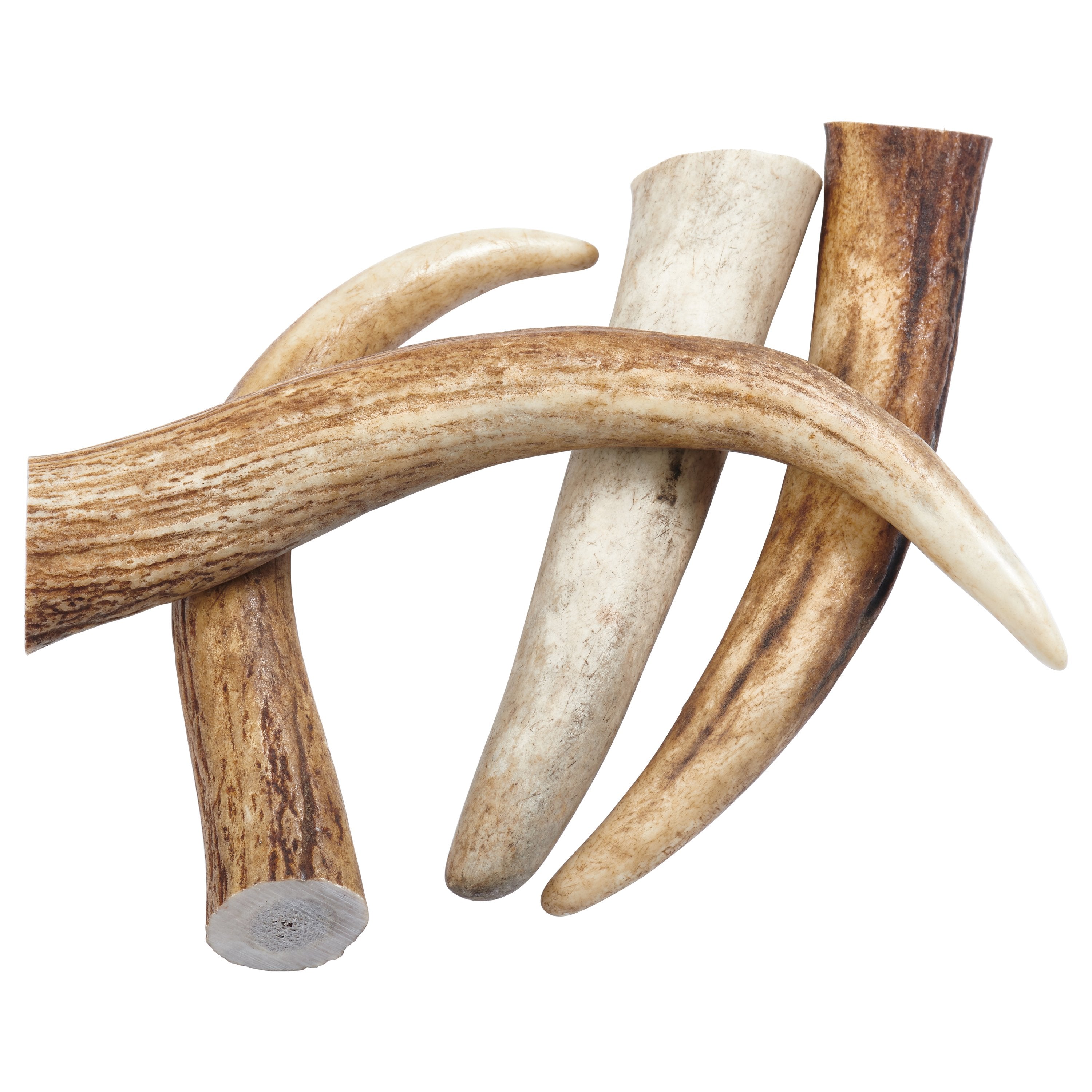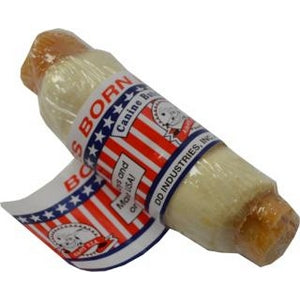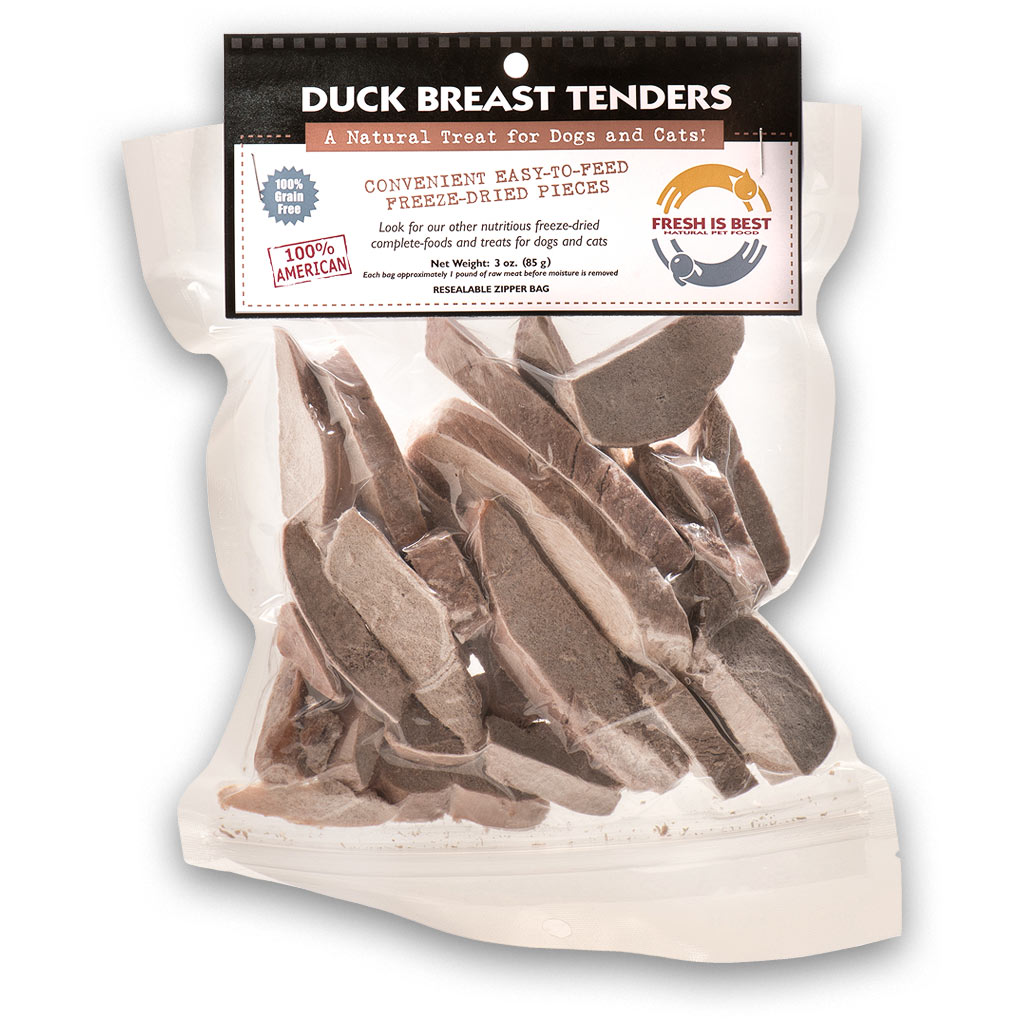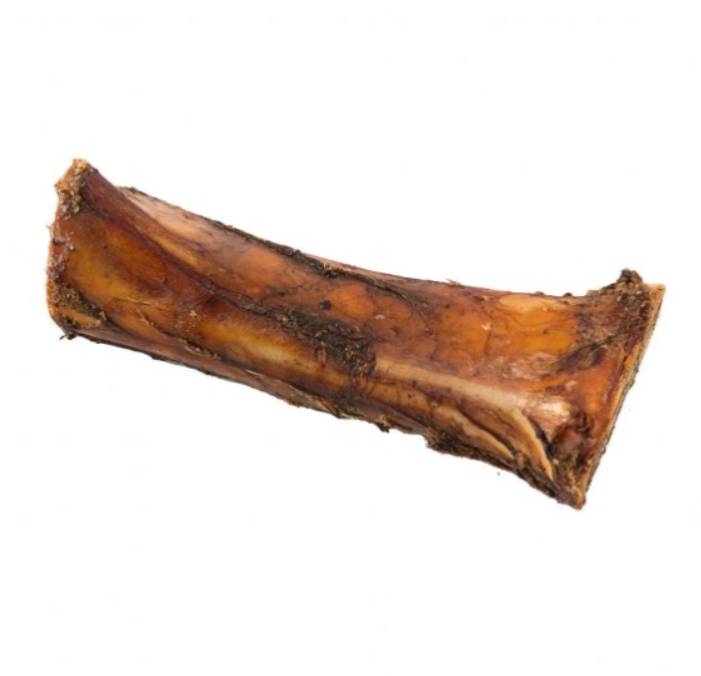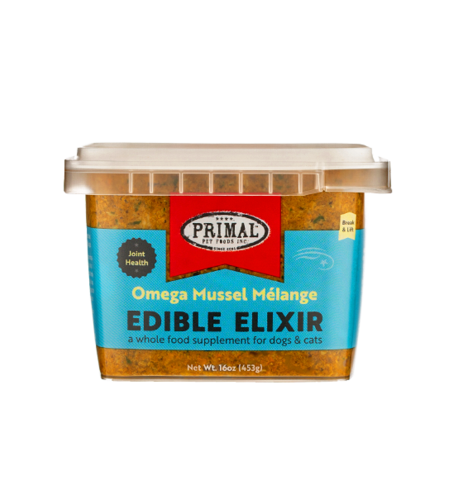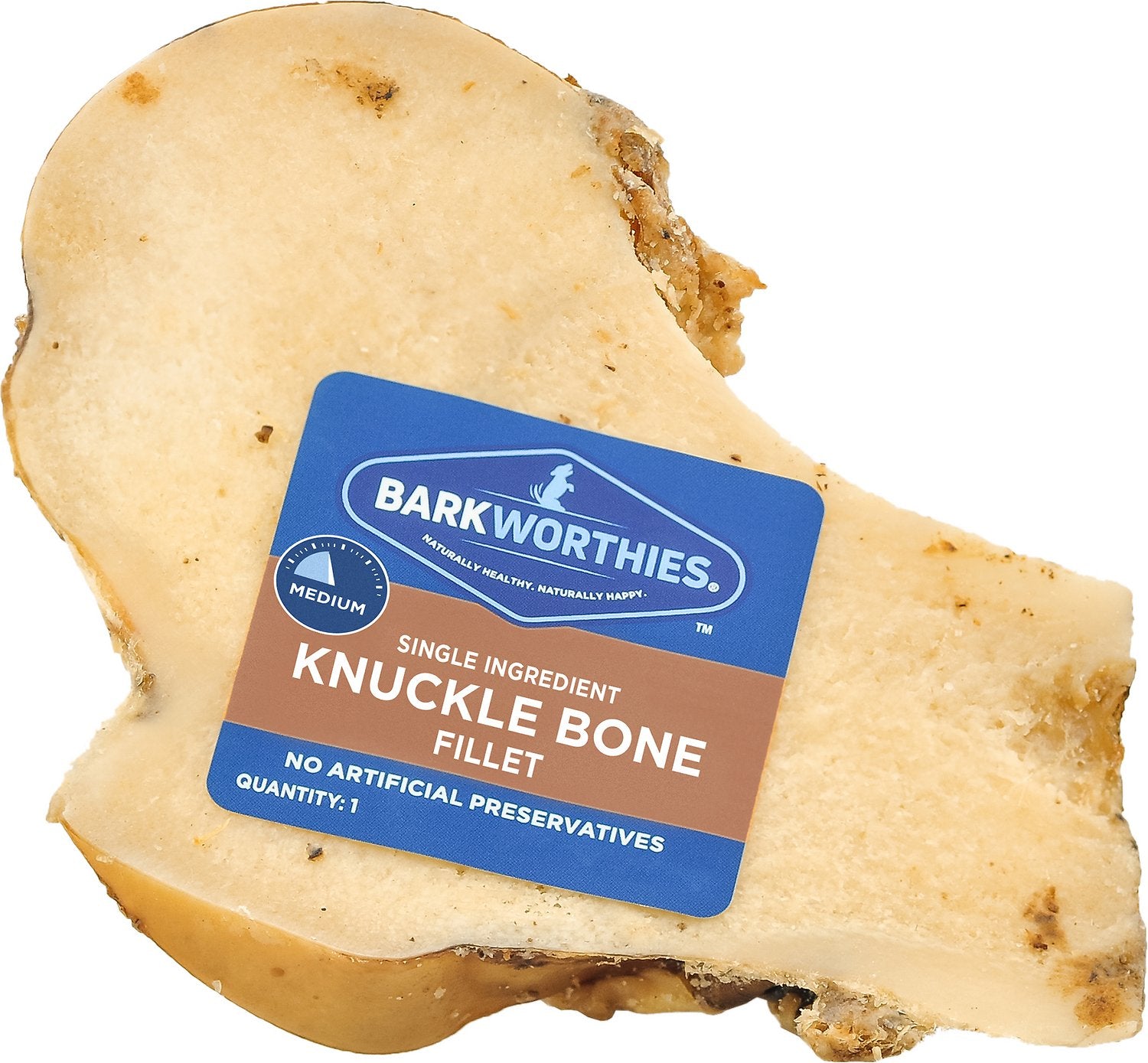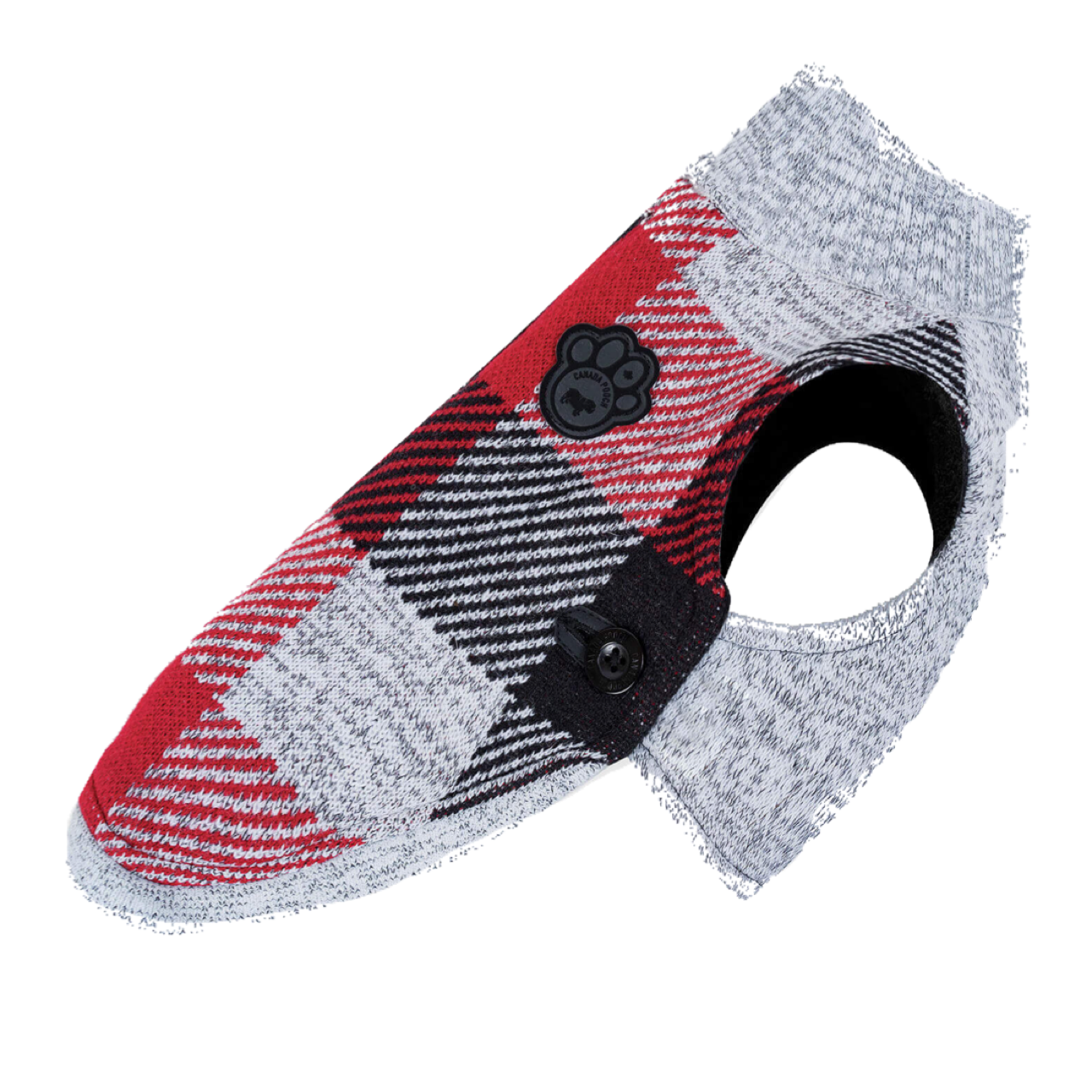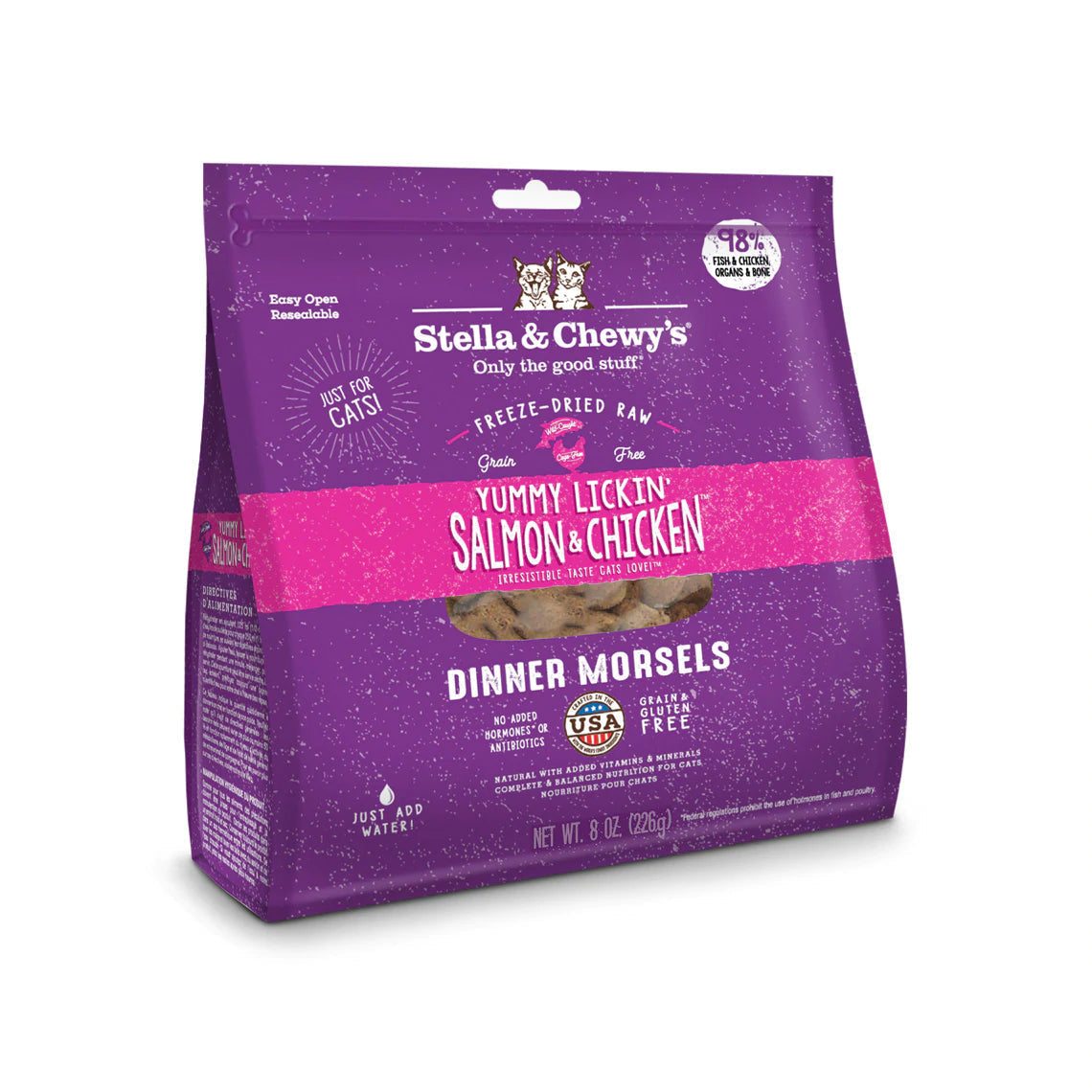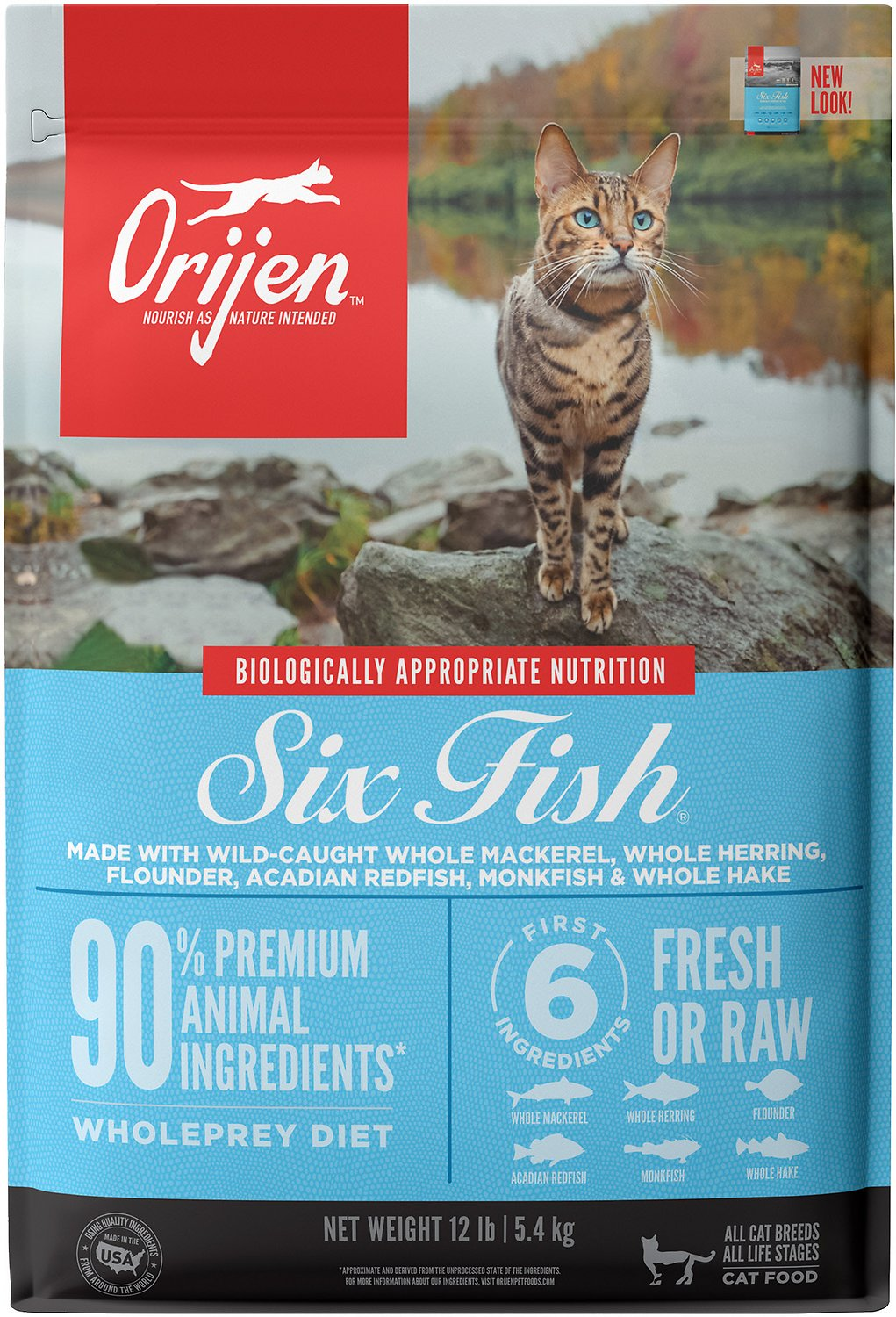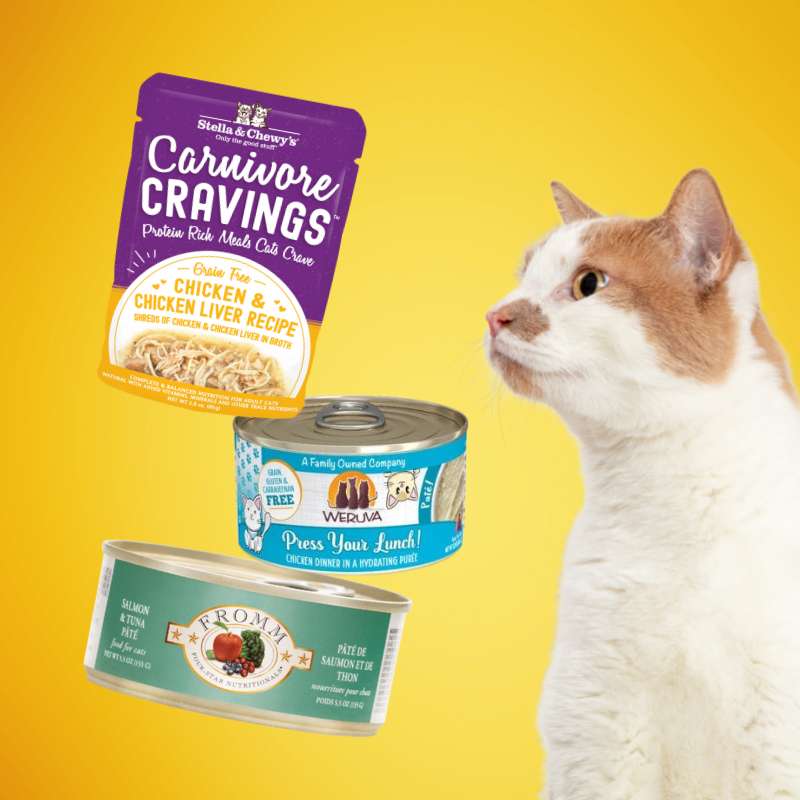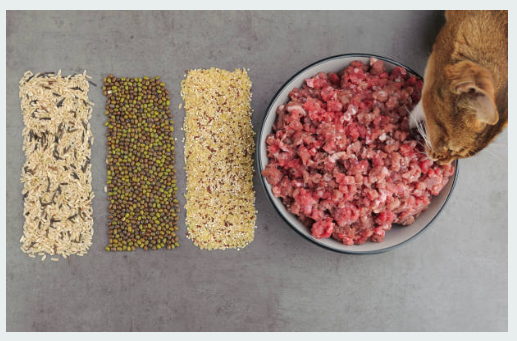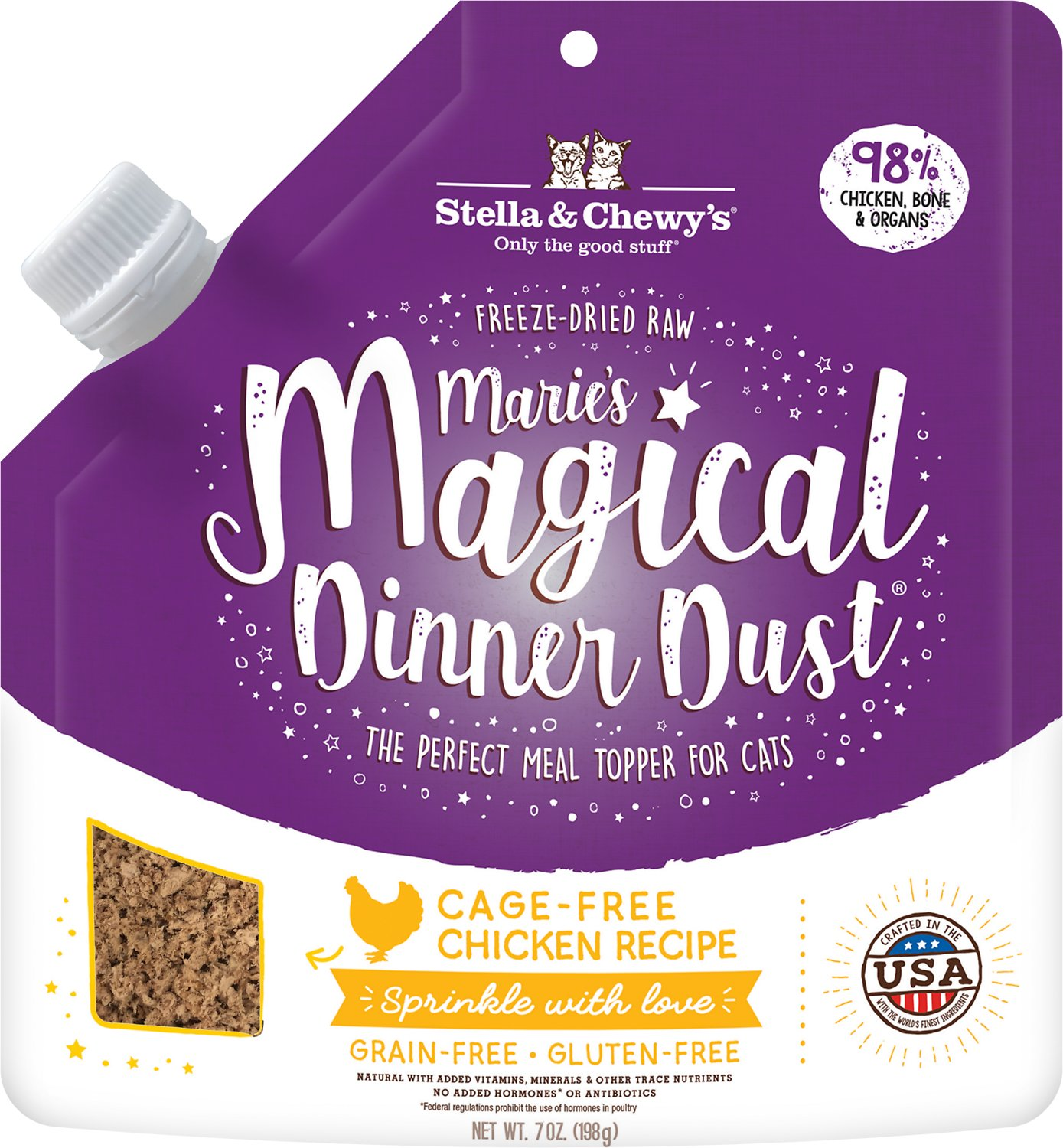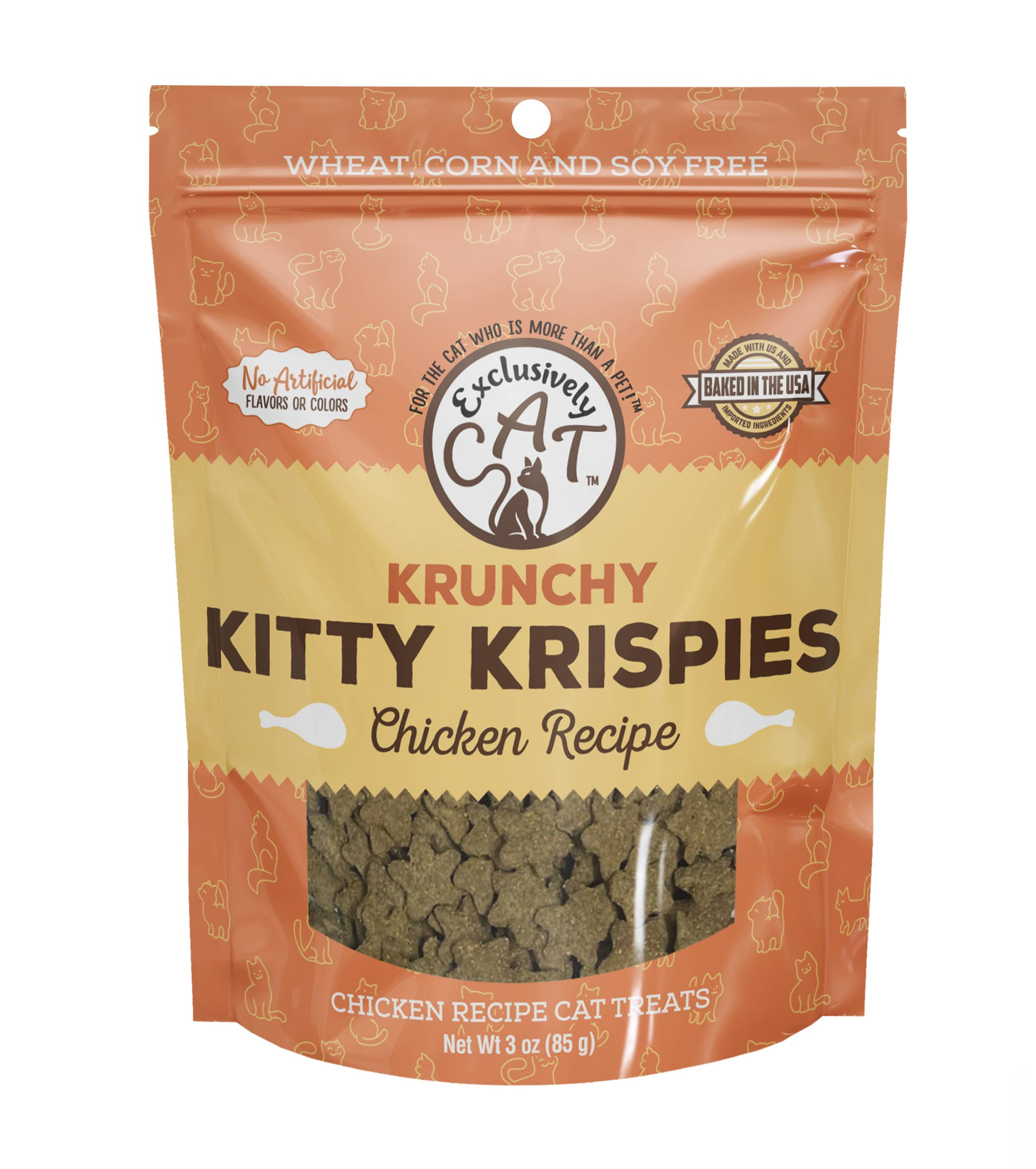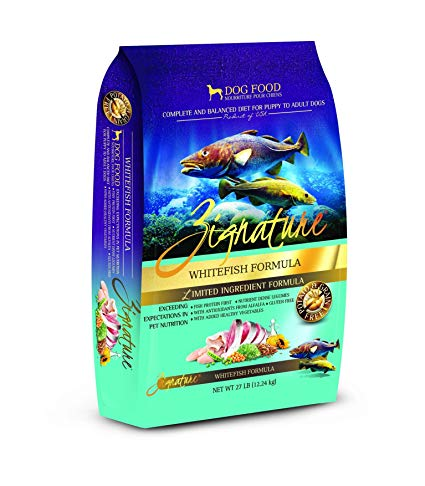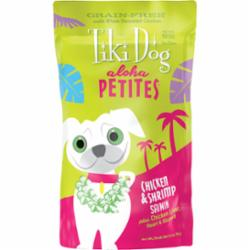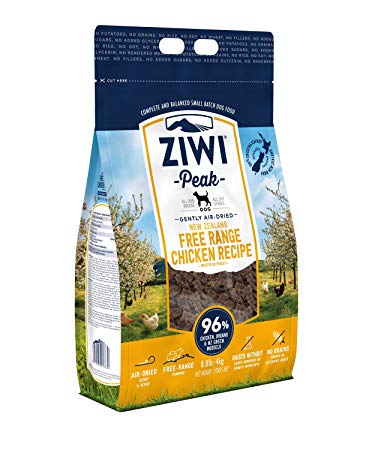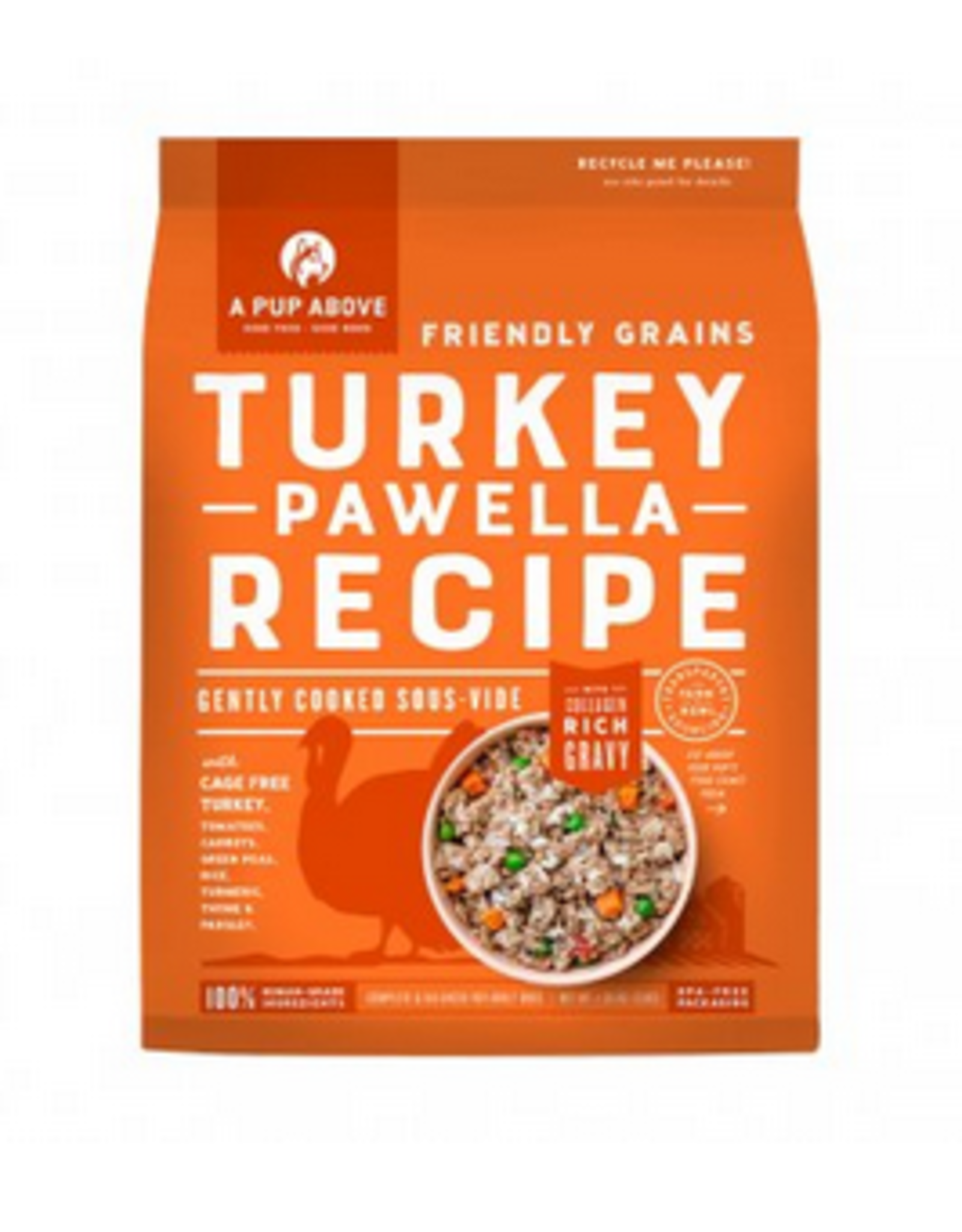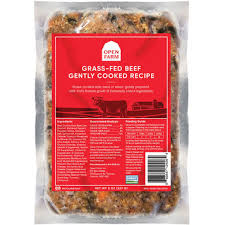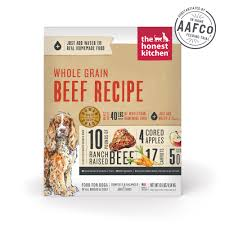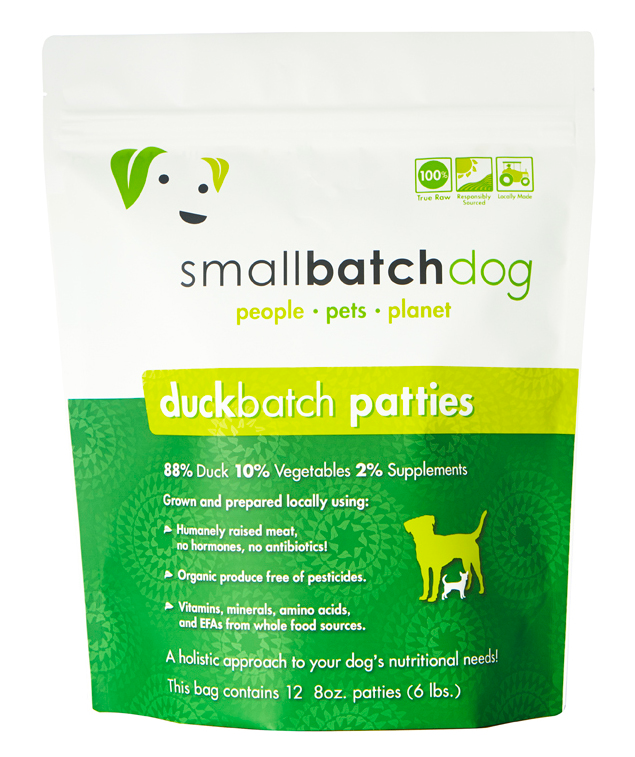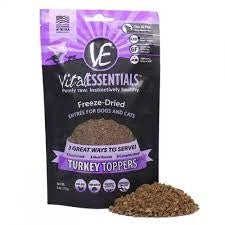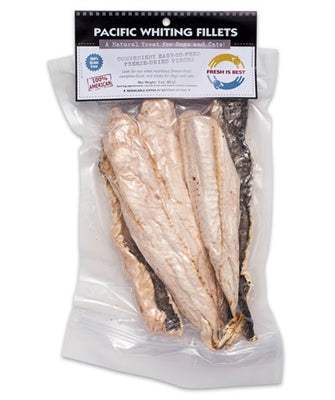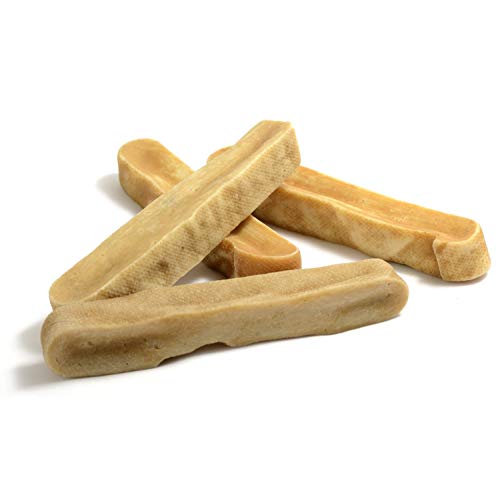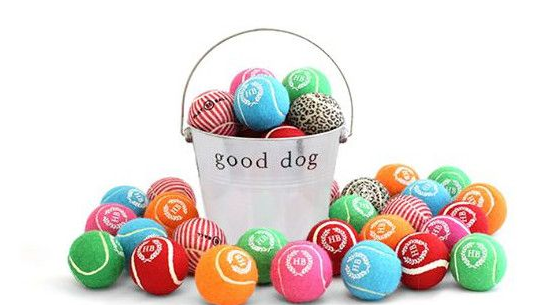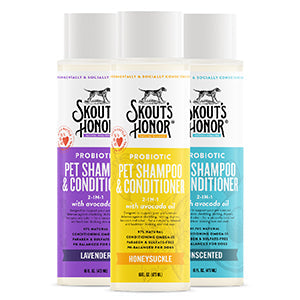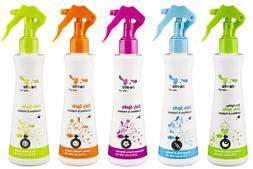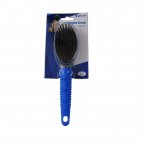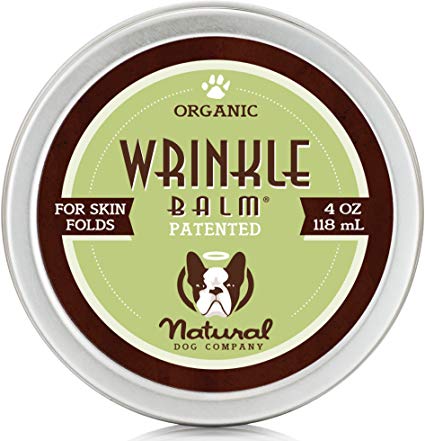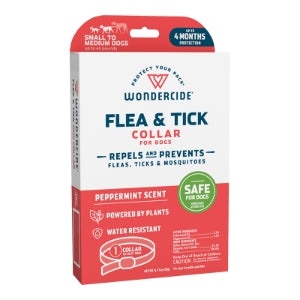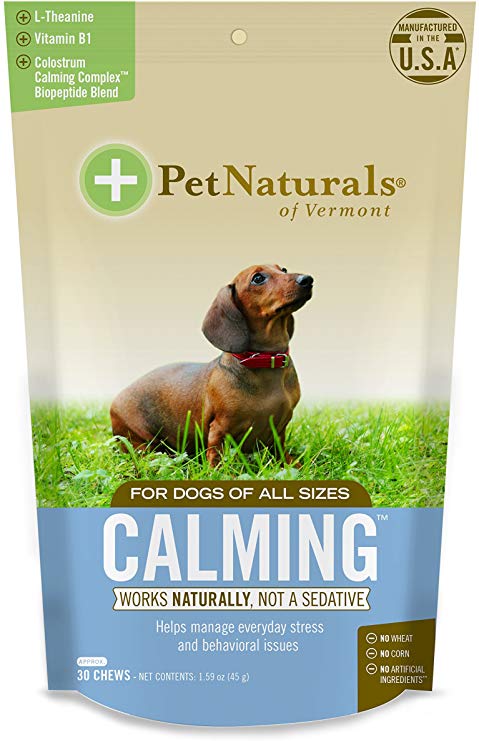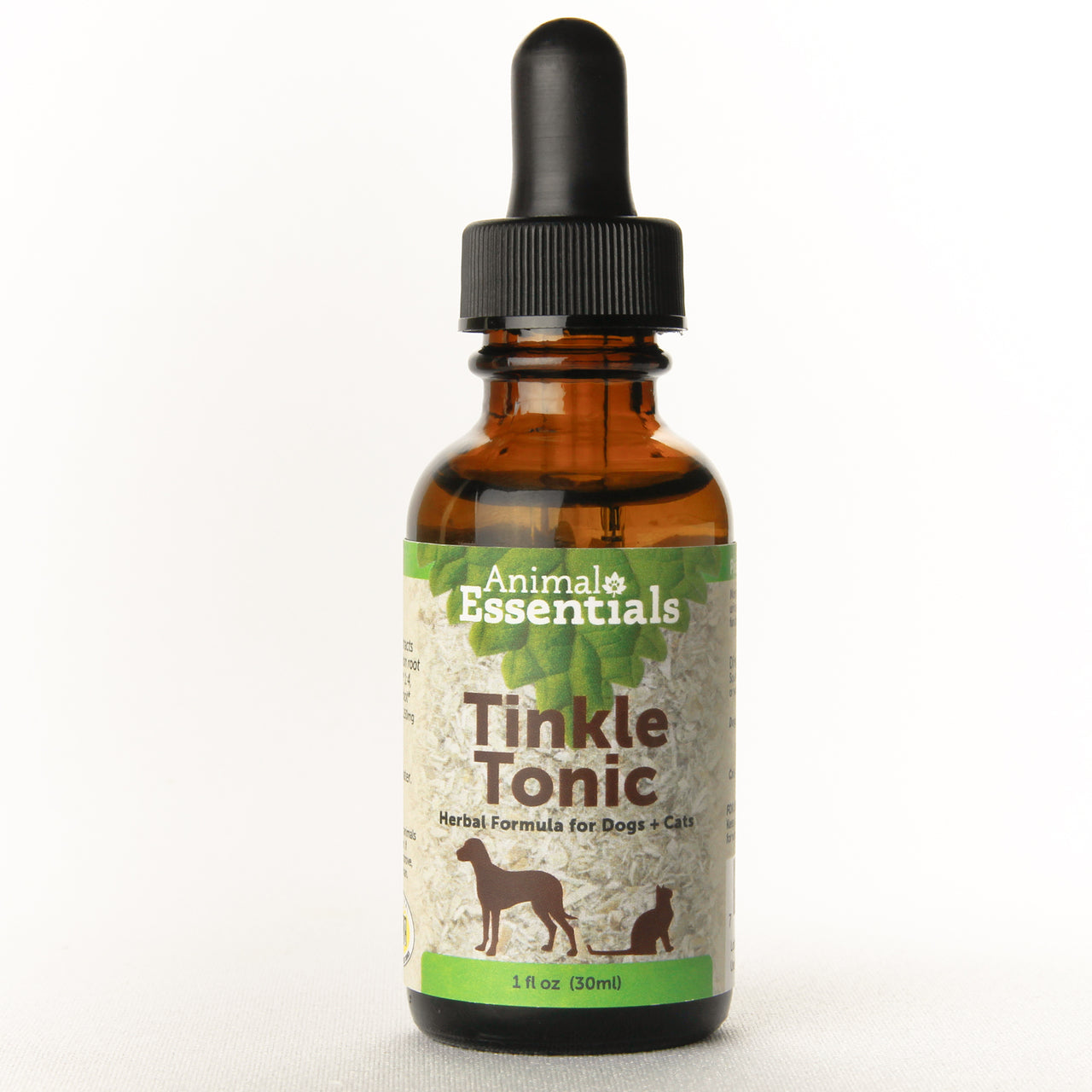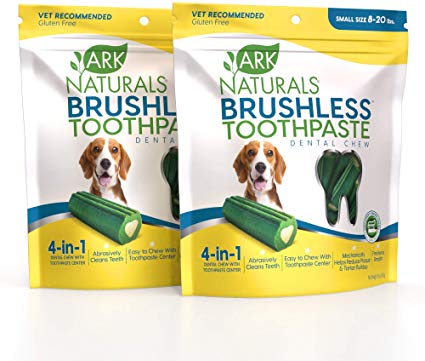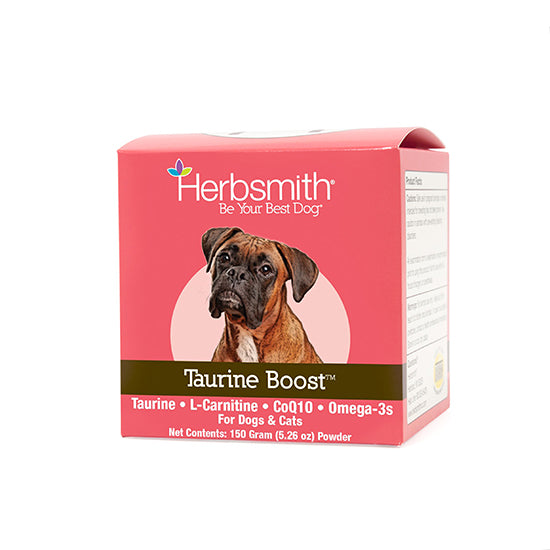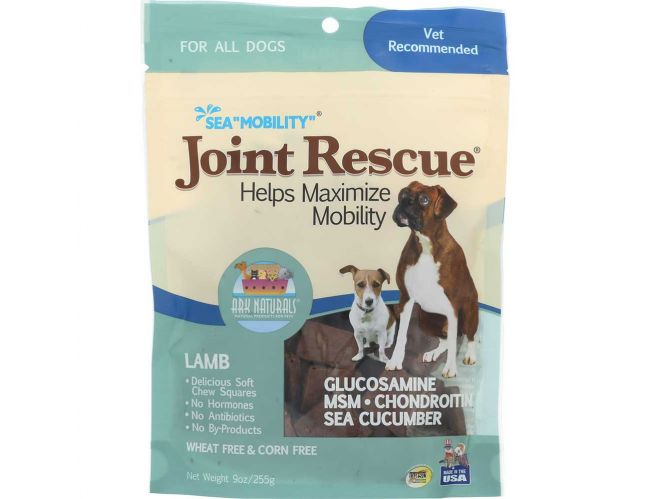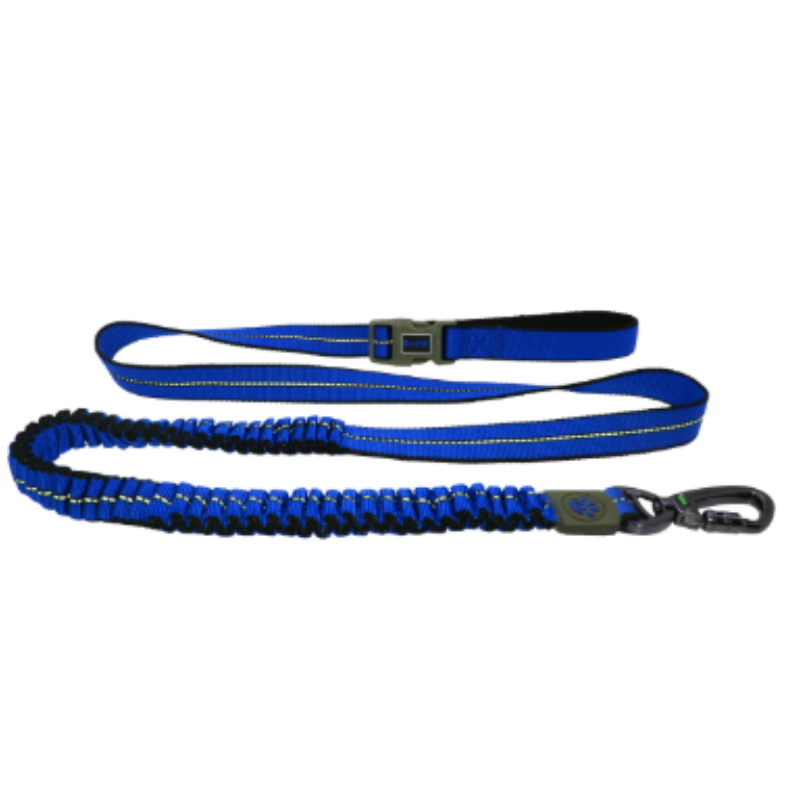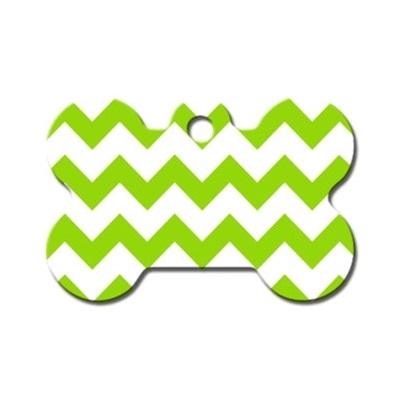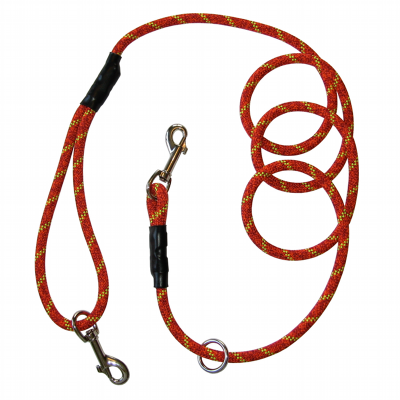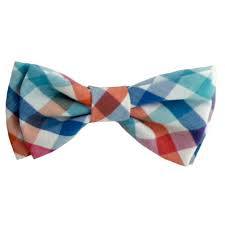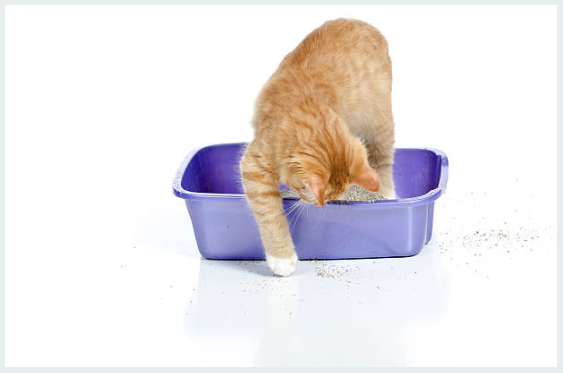Microbiome (The forgotten lost organ)
What is the microbiome?
The microbiome is a complex colony of bacteria that lives on your dogs skin, mouth, eyes and respiratory tract, but most lives inside the digestive system.
That bacteria will find other types of bacteria that benefit them and will form colonies that will increase their growth and survival. The microbiome is so important to your dogs health that it’s call the forgotten lost organ.
The microbiome helps in many different ways. Here are some ways the microbiome helps and protects your dog.
1.Protection against pathogens
The good bacteria in your dog's microbiome produce chemicals that can kill off harmful bacteria and protect against viruses, harmful bacteria, and fungi.
2.Feeds your dog
The good bacteria in your dog's gut produces enzymes that will help your dog digest and use their food properly. That bacteria will help transport nutrients across the intestinal wall and into the bloodstream where they will build in the body.
- Affects your dog's mood
The microbes in your dog communicate with the brain through nerves and hormones. The brain can signal the microbiome and demand food. Recently scientists have discovered different types of gut bacteria in animals exposed to various types of stress.
4.The immune System
The most important job of the microbiome is to support the immune system.Your dog's intestinal tract is lined with a mucus membrane which holds the GALT ( gut associated lymphoid tissue) this works closely with the microbiome to form up to 90 percent of your dog's immune system. It contains cells such as lymphocytes, T and B cells, which are the main workers in your dog's immune system.
If the colonies get compromised, they won’t be able to protect your dog. The barrier gets weakened and the vitamins that the microbiome supplies get depleted. Once the colonies get compromised they will ultimately start to decline and the harmful gut bacteria will start to steal their nutrients that will allow harmful bacteria to grow.
This is called dysbiosis, which is thought to be the main cause of many diseases and nutrient deficiencies. There are many studies done that healthy animals have a higher bacteria count in their gut.
A few things that can compromise the microbiome are
1.parasites
2.Processed foods
3.Genetically modified foods (GMO)
4.Antibiotics
As you can see the gut health is extremely important in keeping your pet healthy and happy.A few great products you can use to help keep the gut strong and healthy are
Probiotics
Healthy bacteria that helps restore your dogs microbiome. Look for a probiotic that has at least 10 billion CFU ( Colony forming units) The higher the CFUs the more likely it will help your pet since not all the bacteria will survive a dogs acidic stomach.
Wholistic Pet Organics Digest All +
Probiotic rich foods
Items such as kefir, goats milk and vegetables.
As you can see, keeping your dogs gut healthy is extremely important for keeping them happy and healthy!



